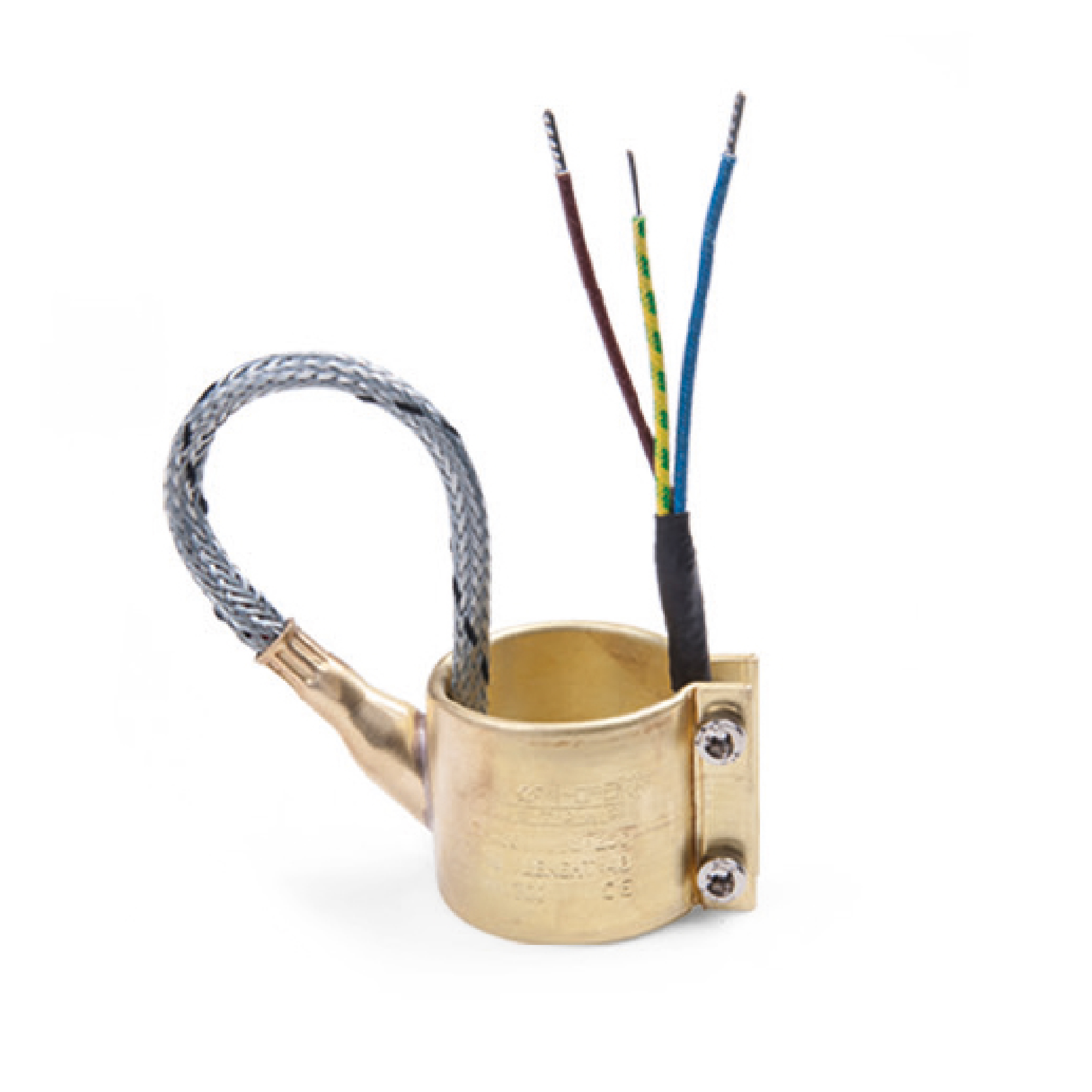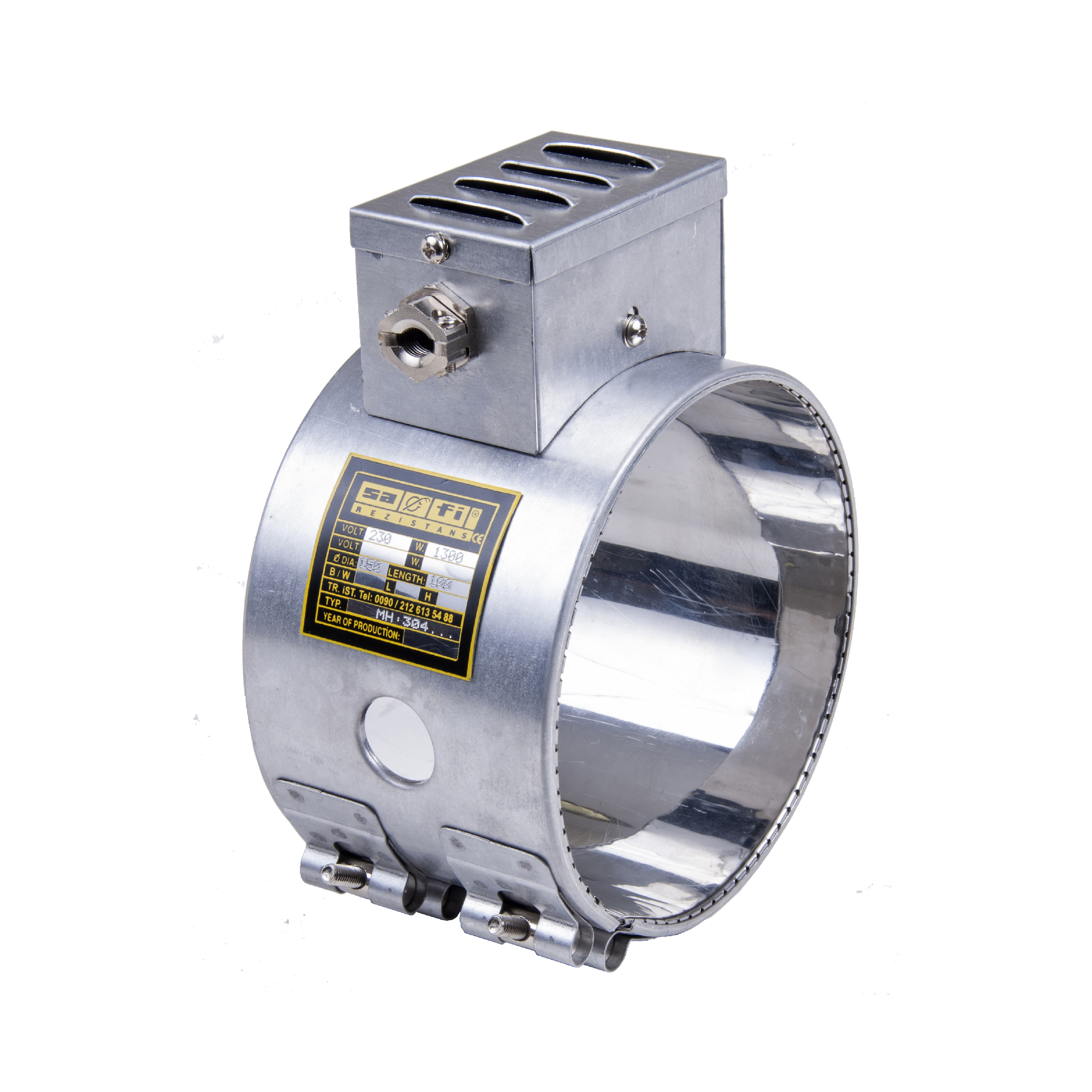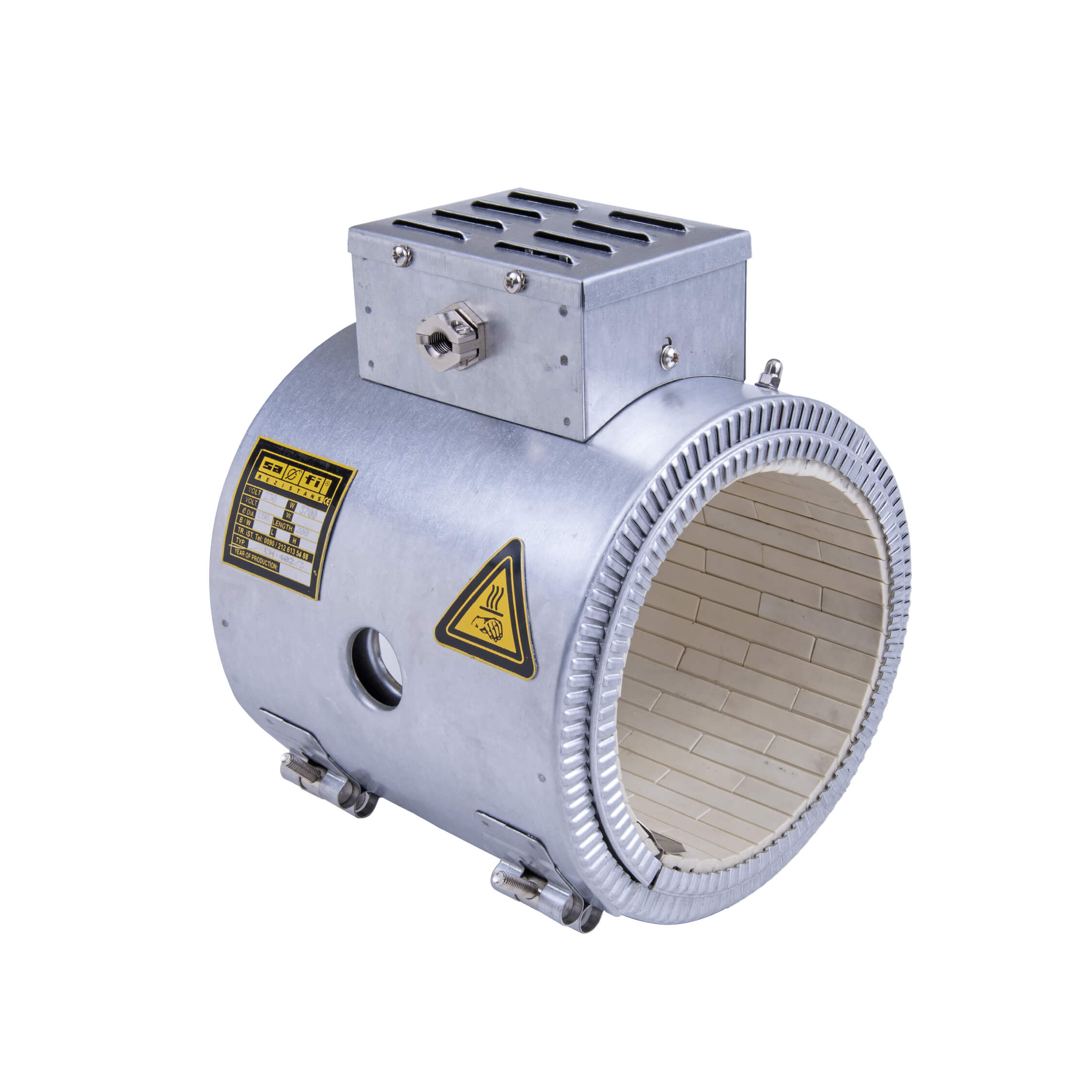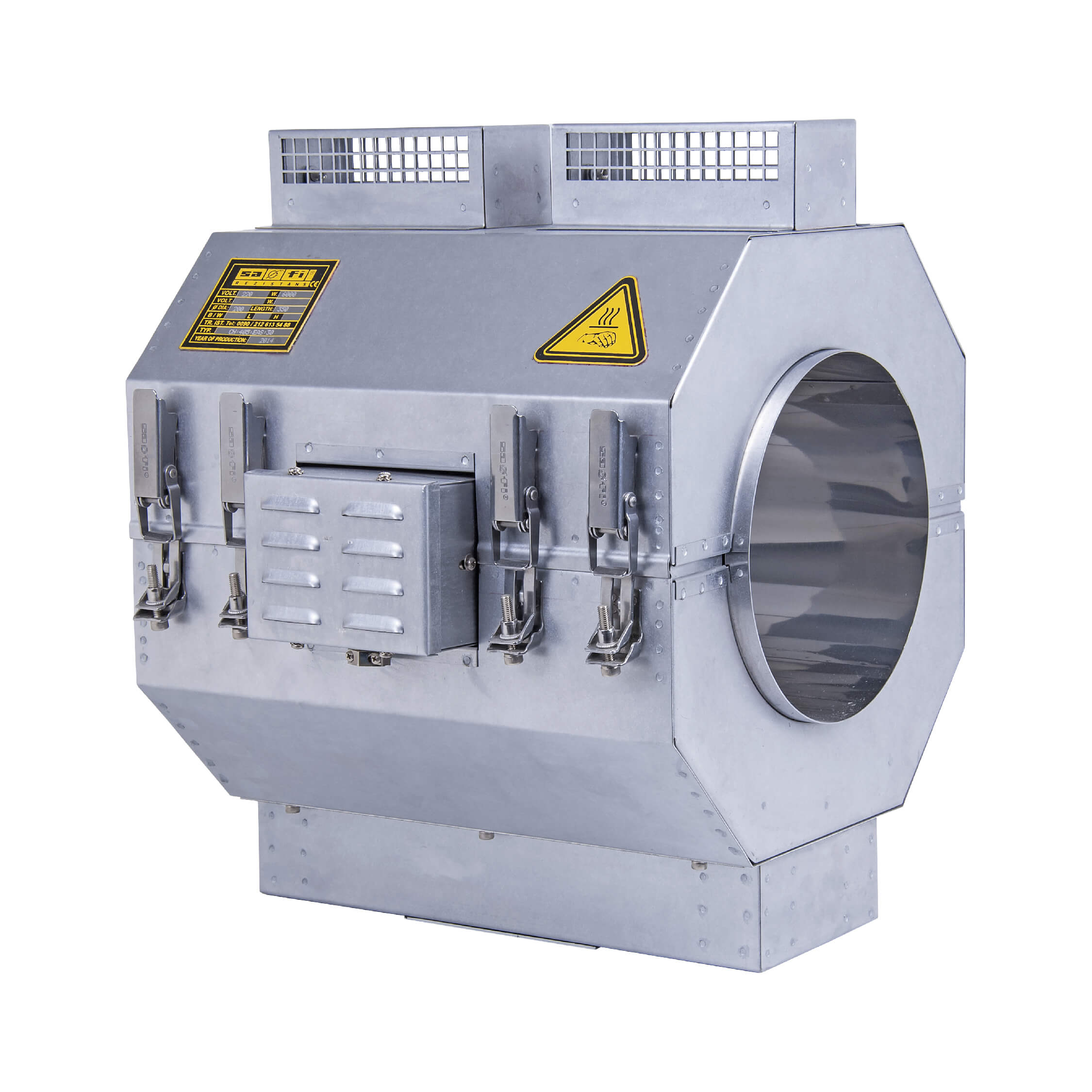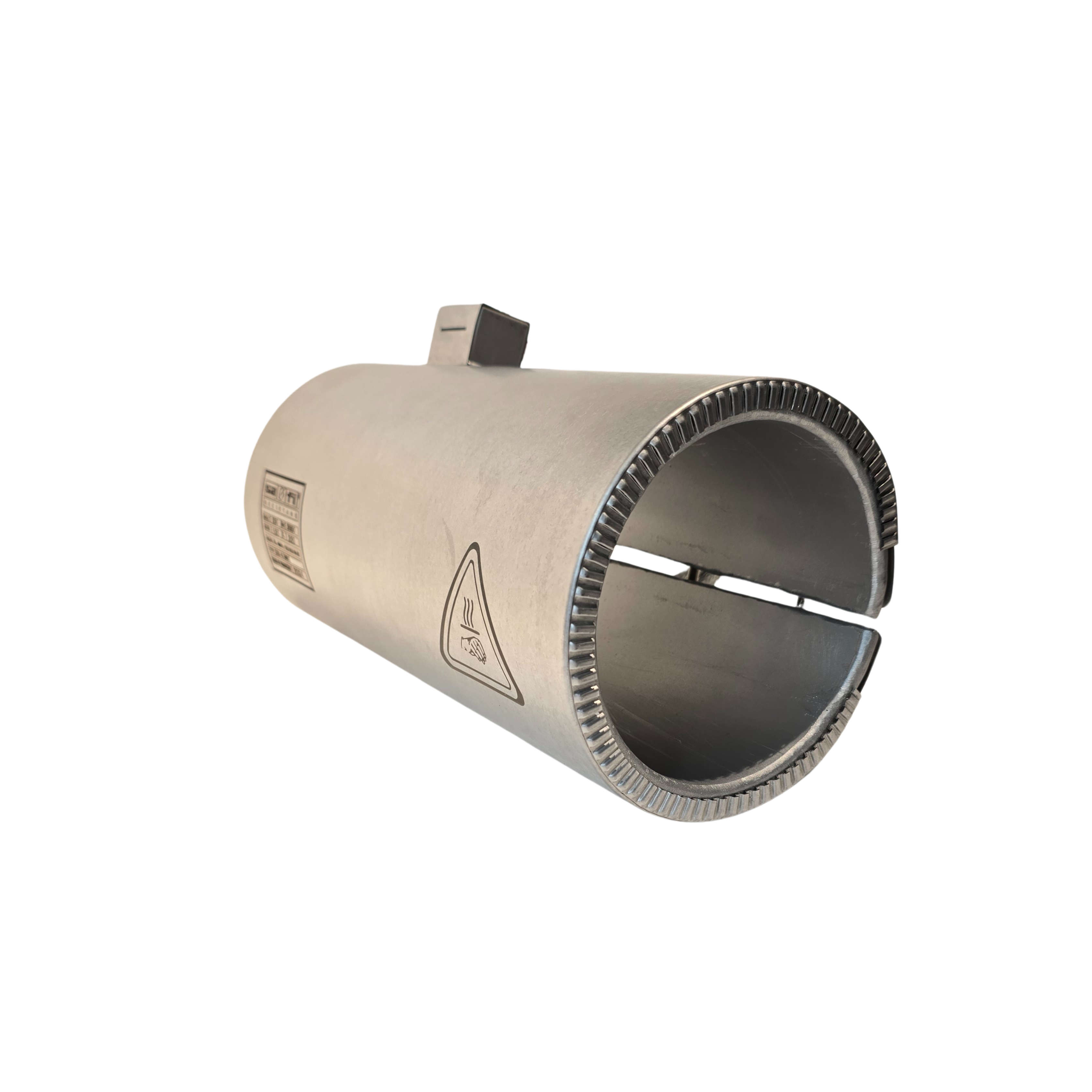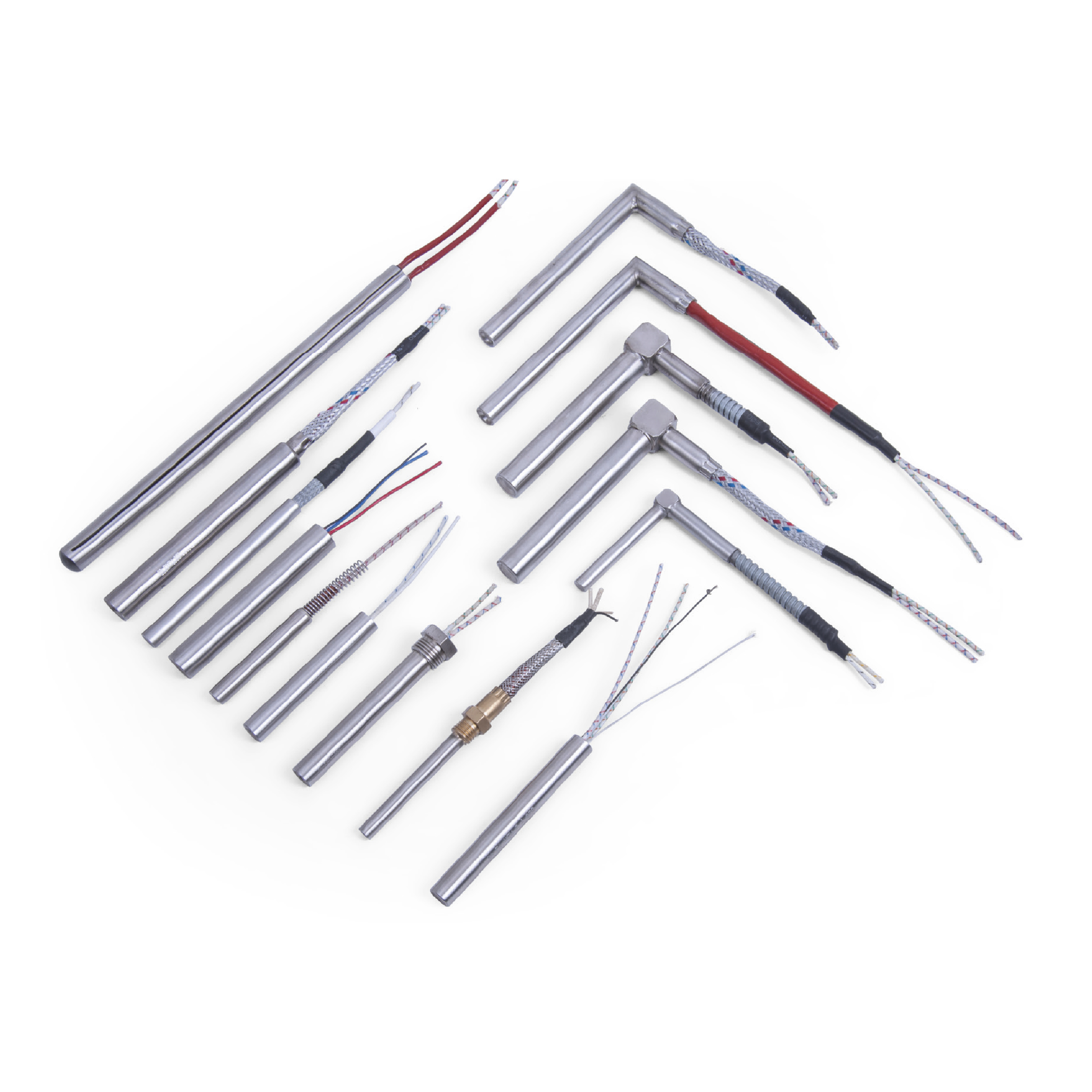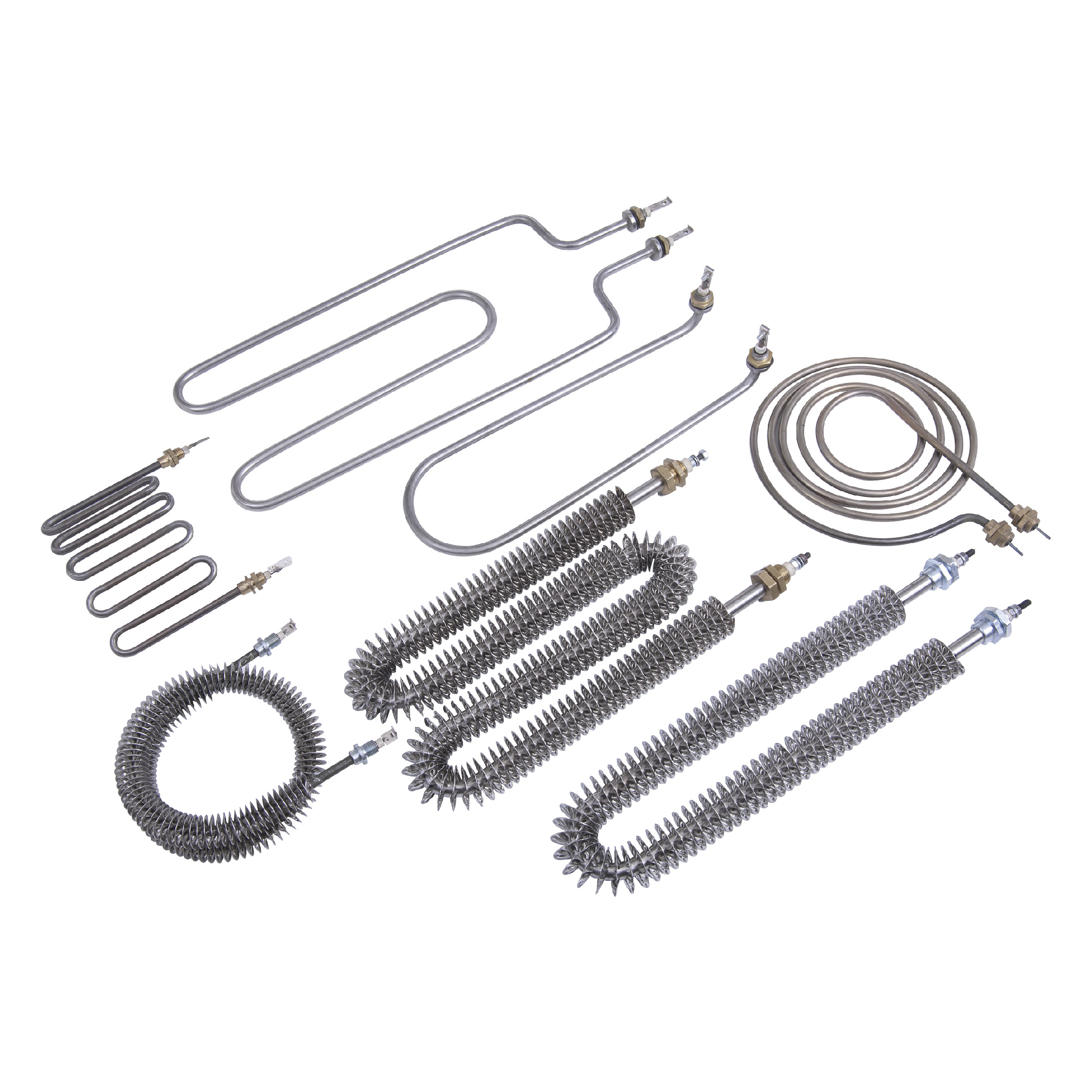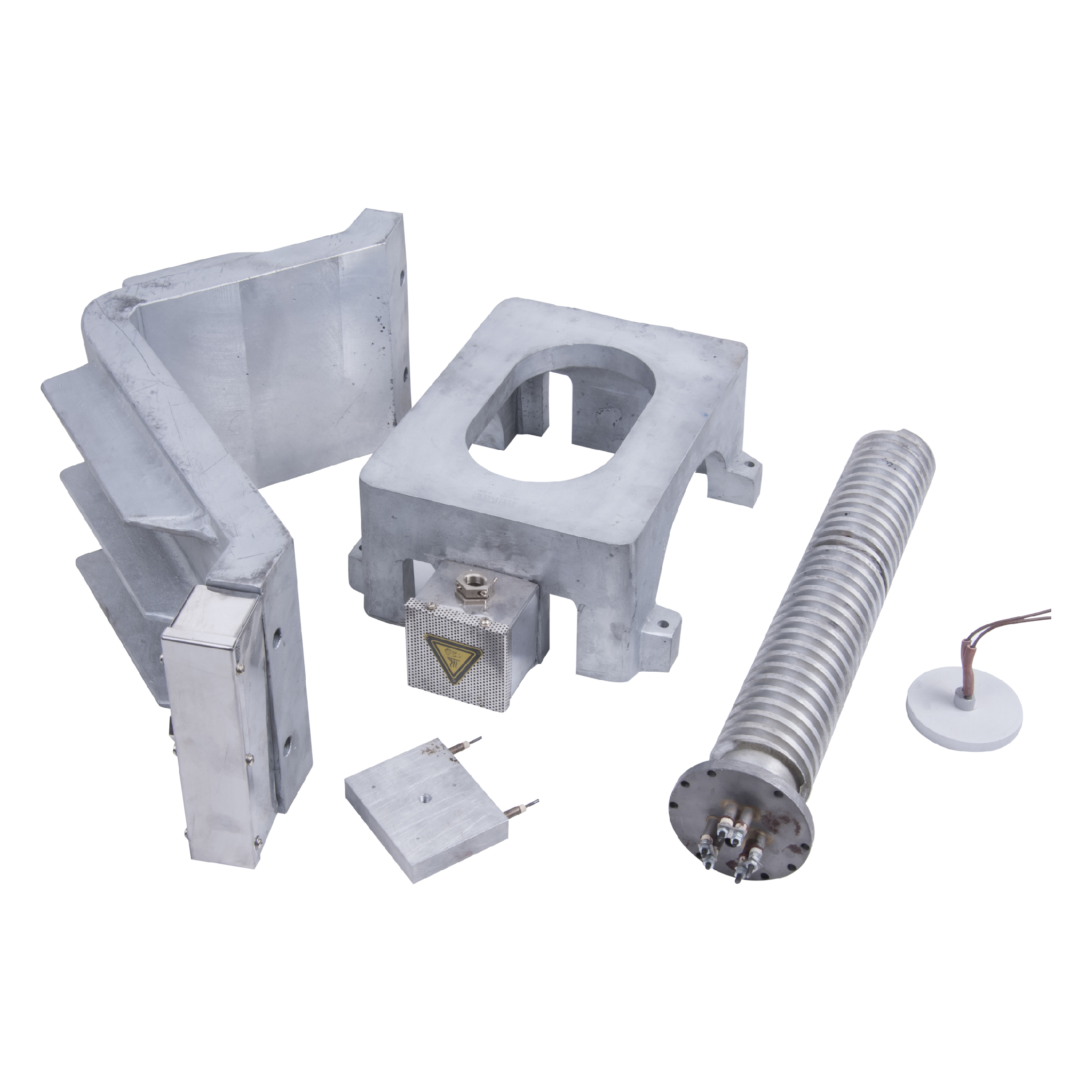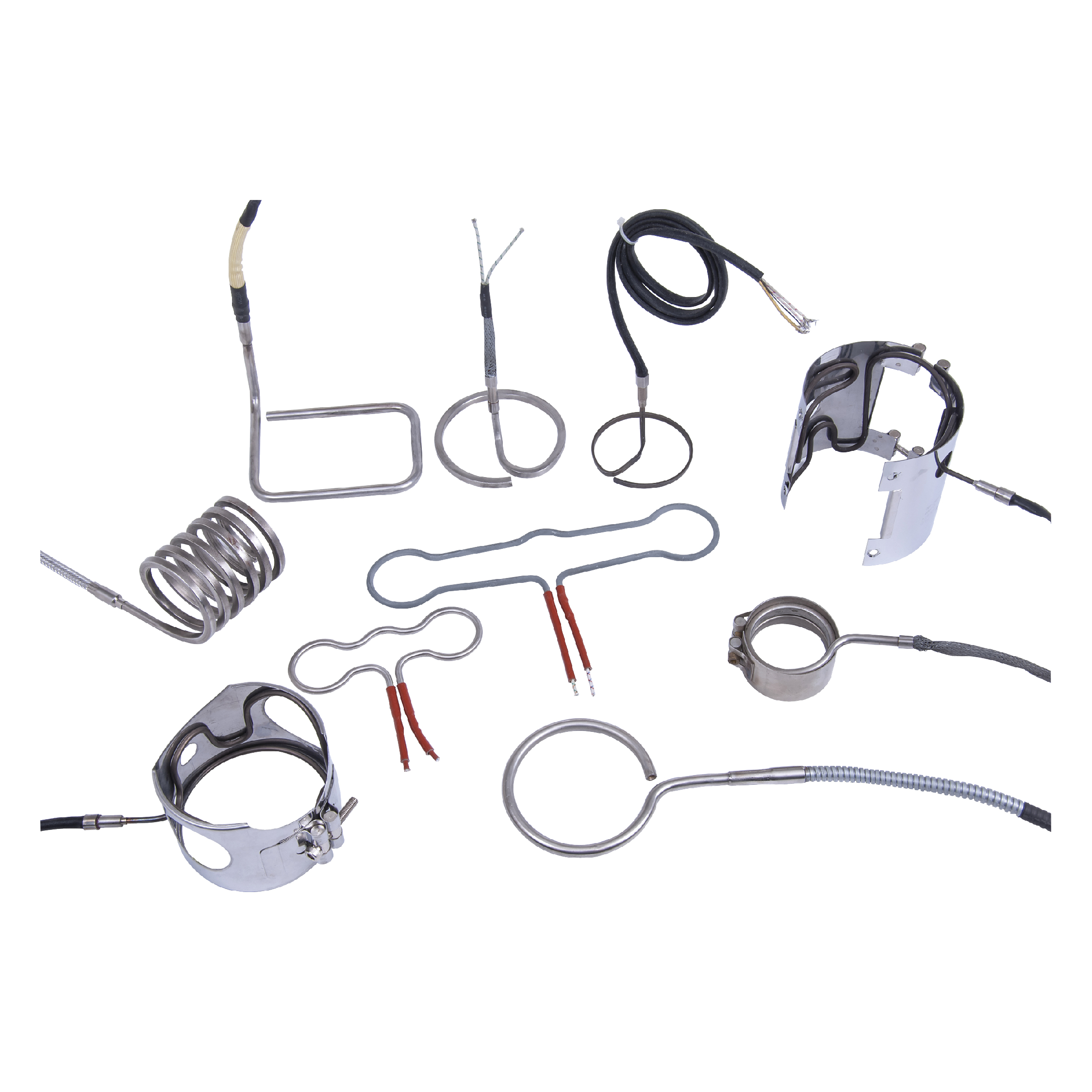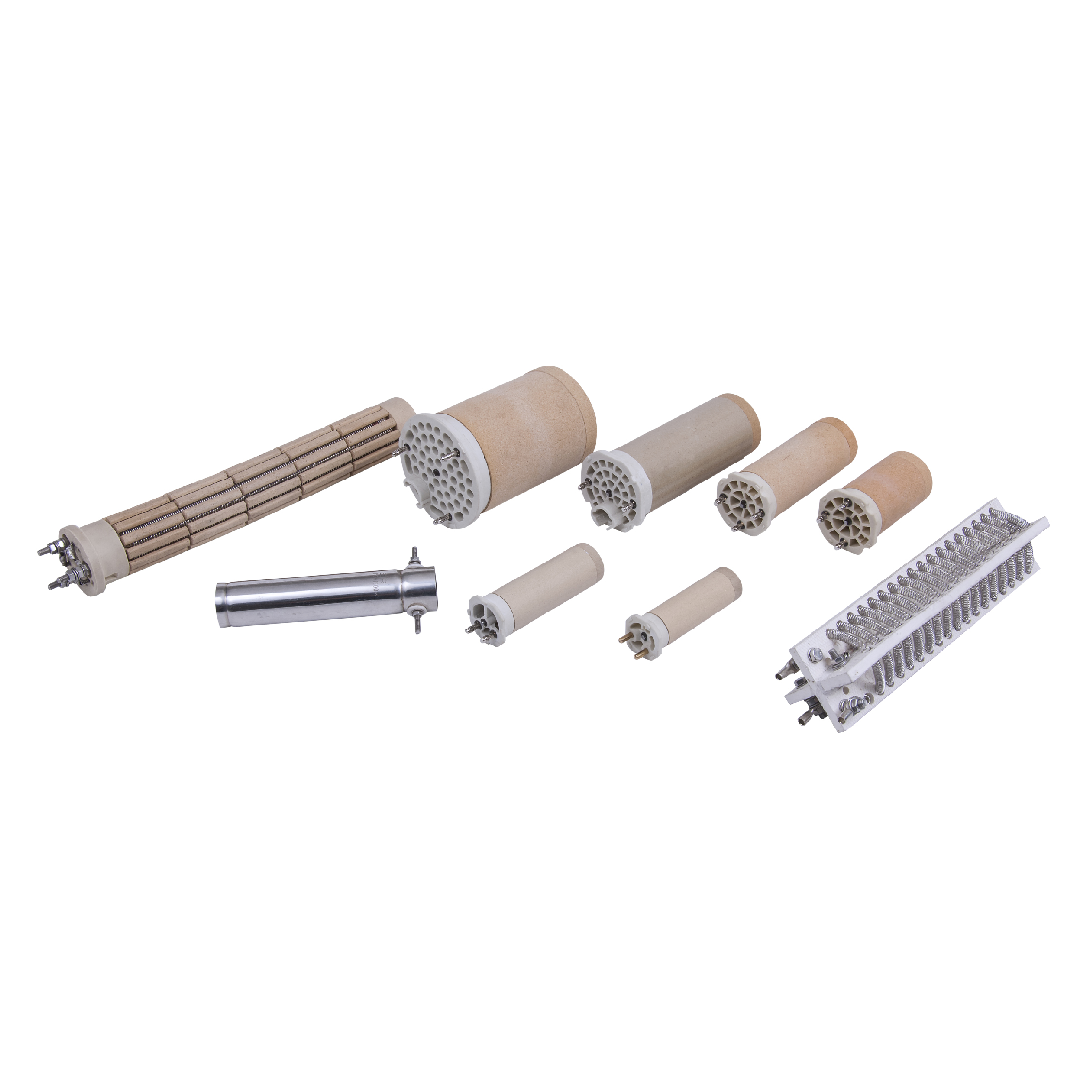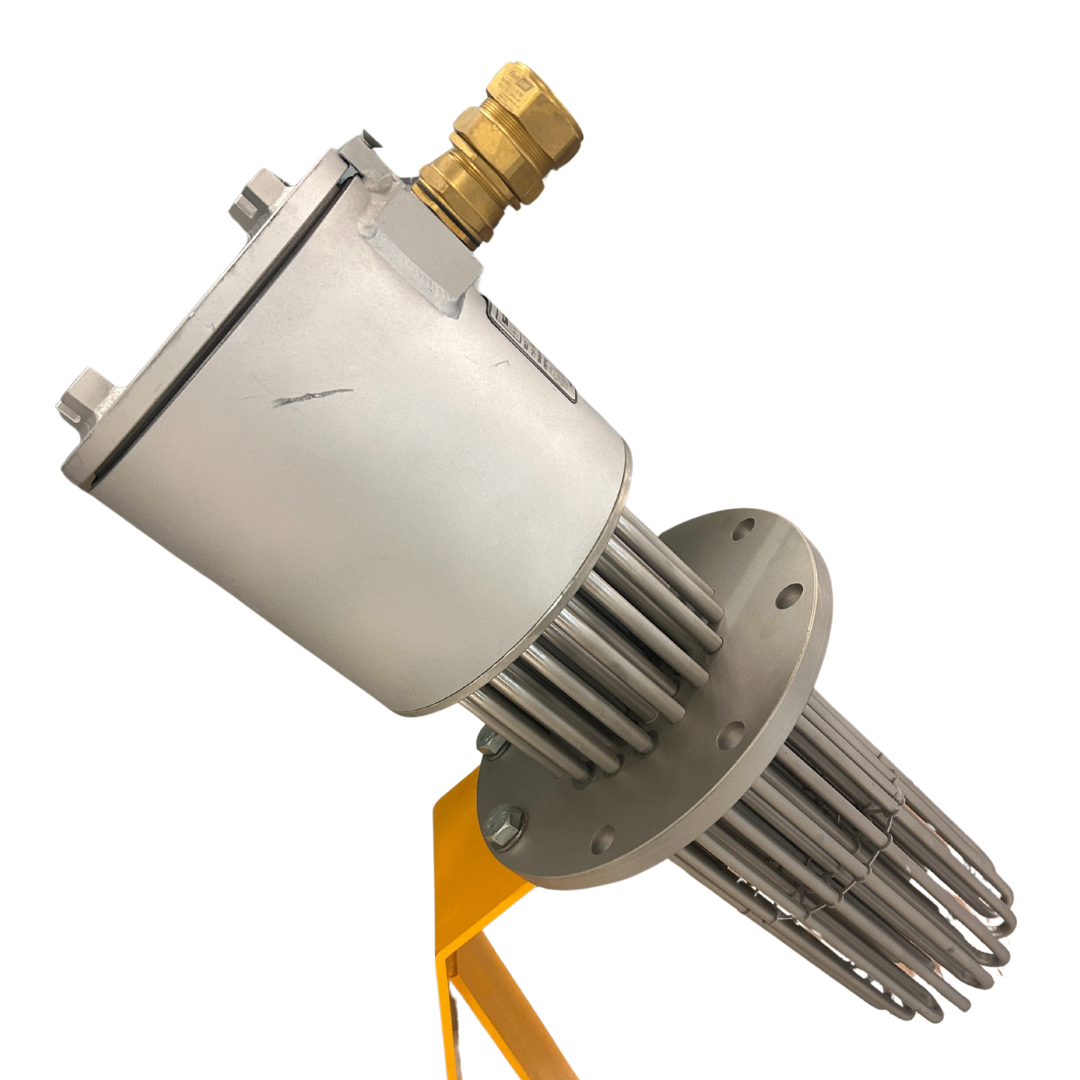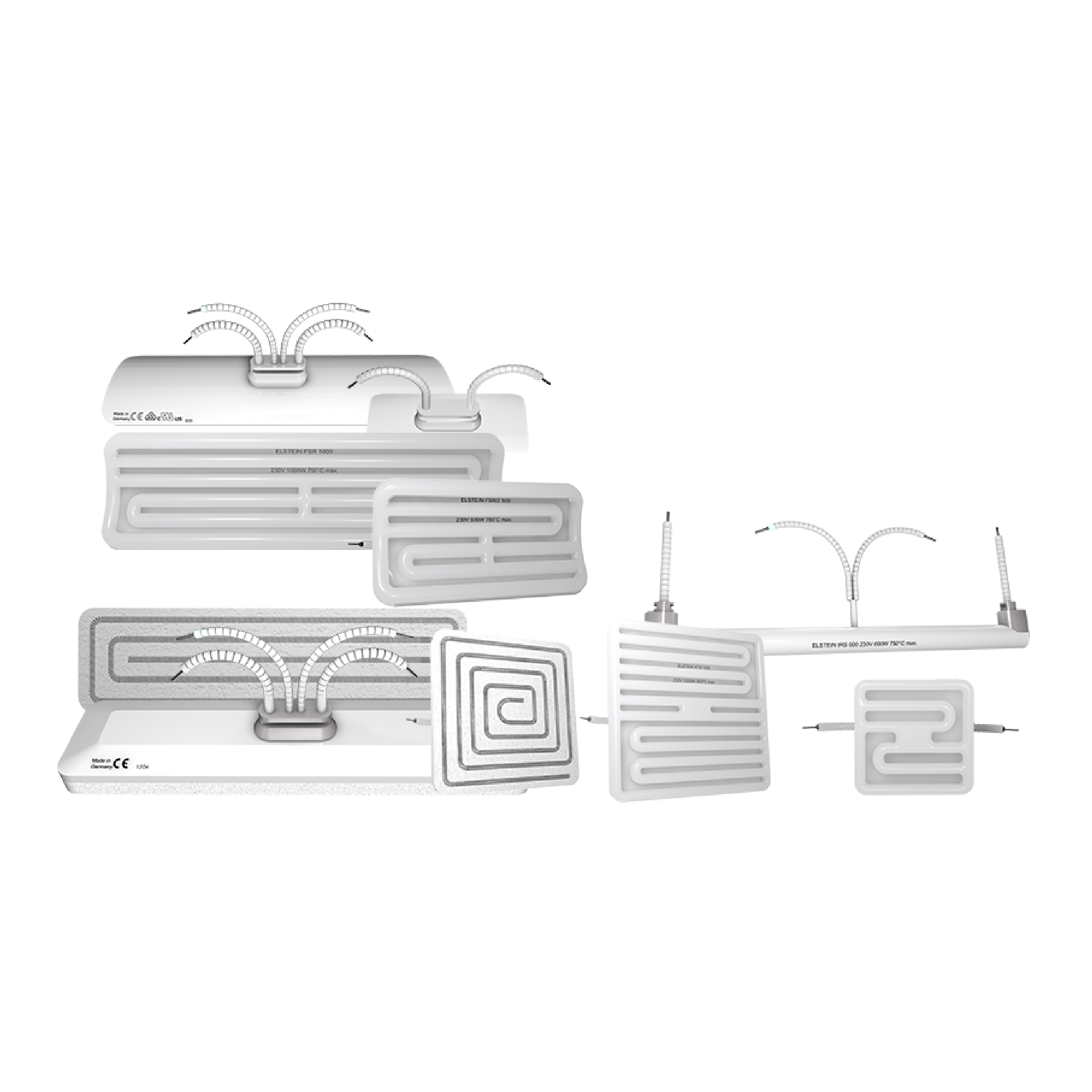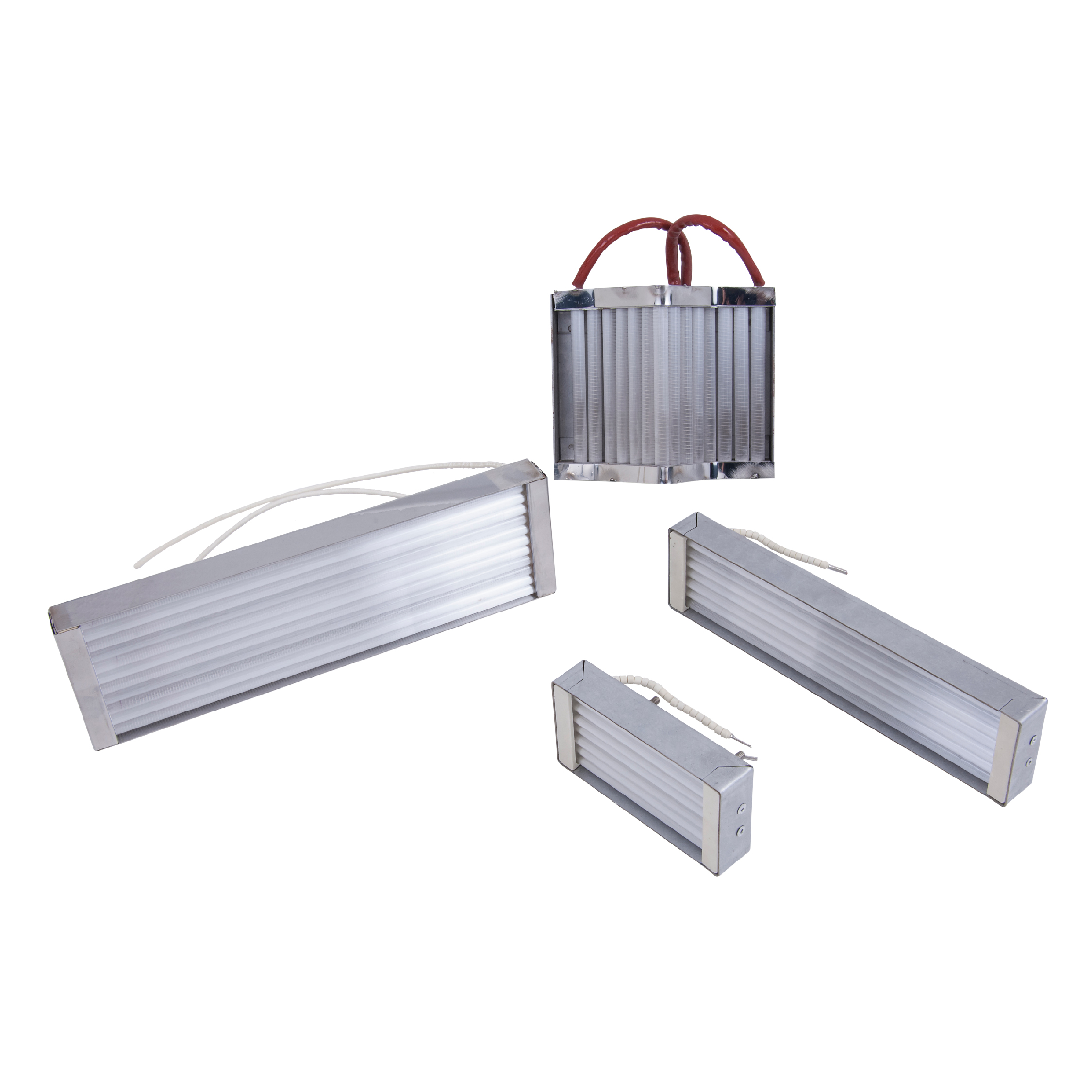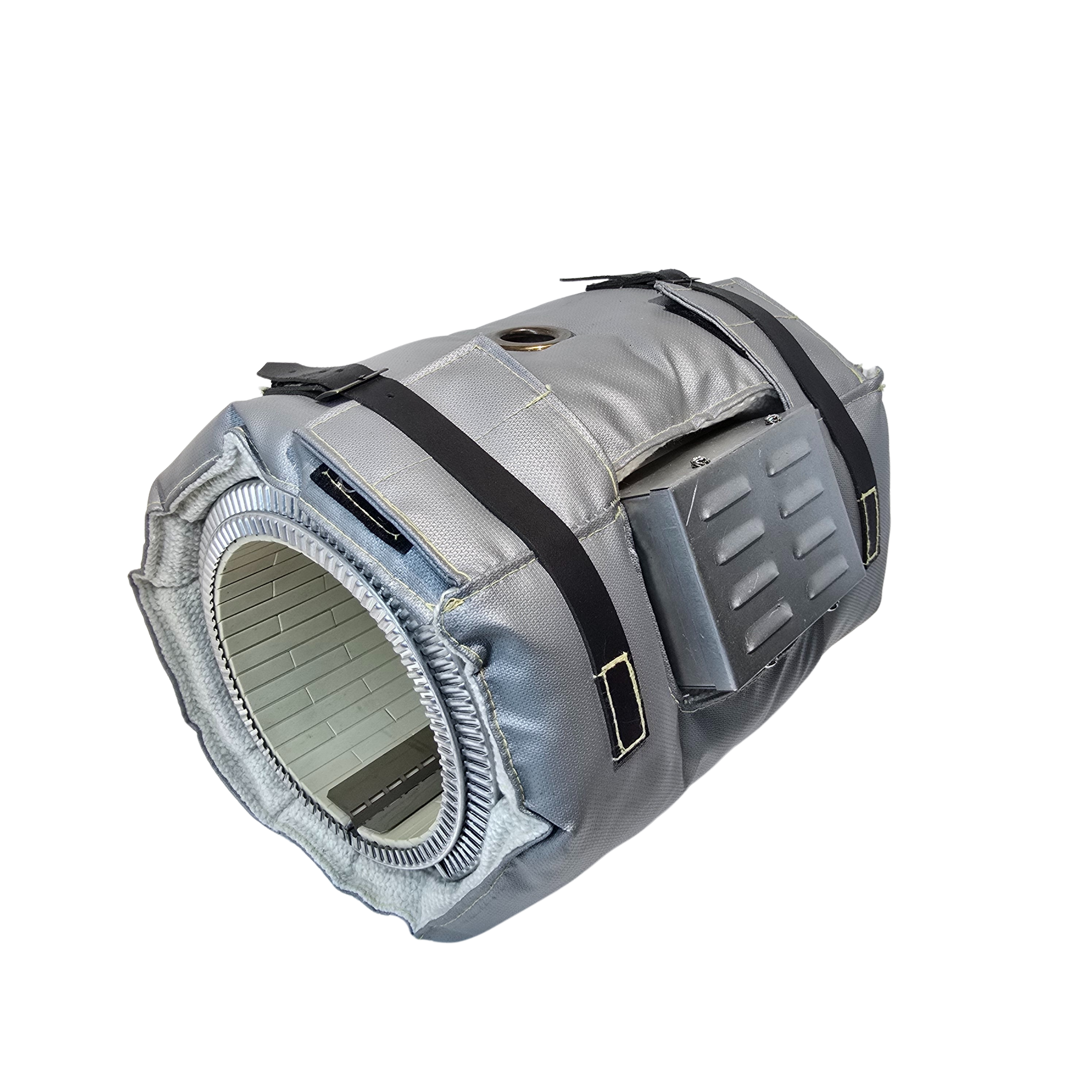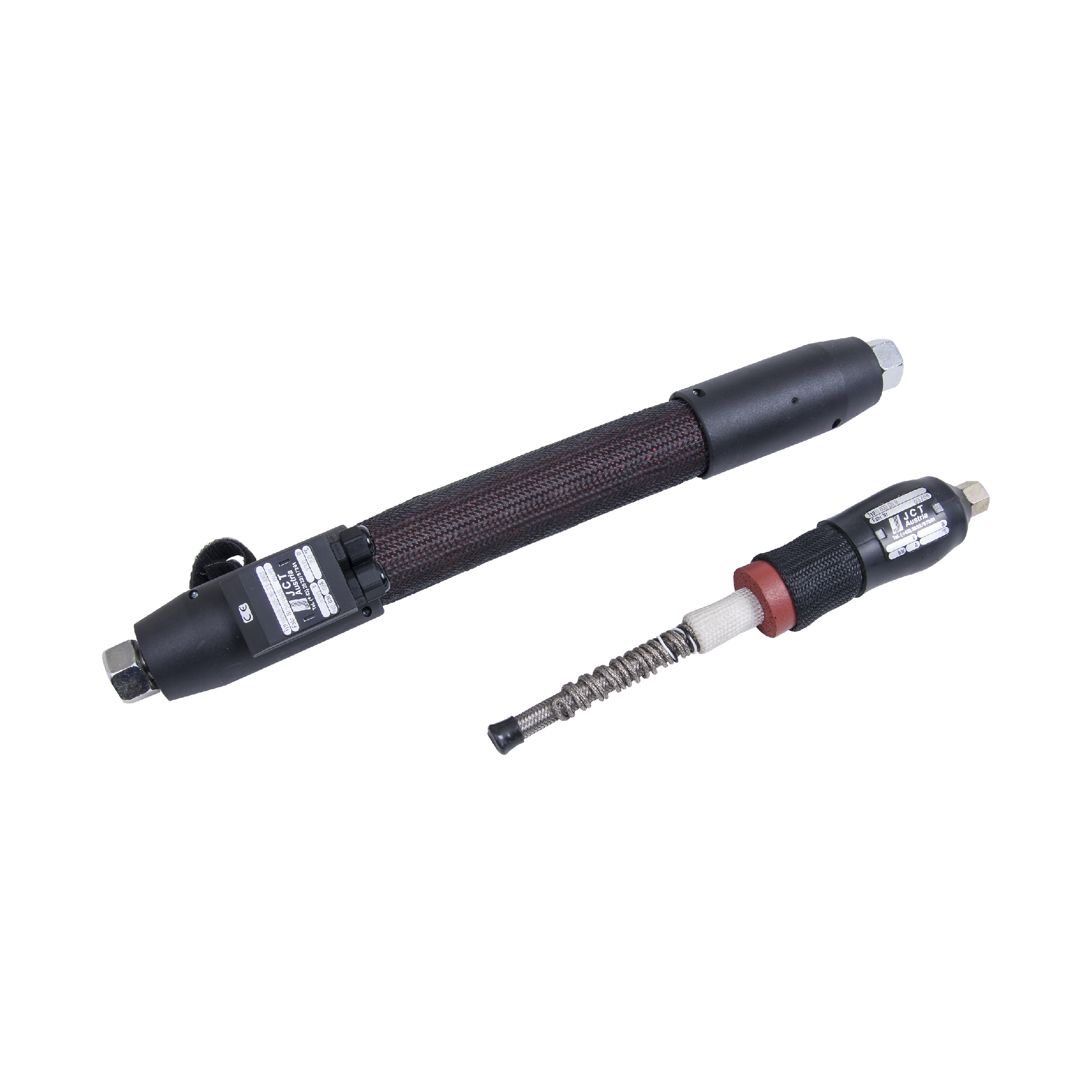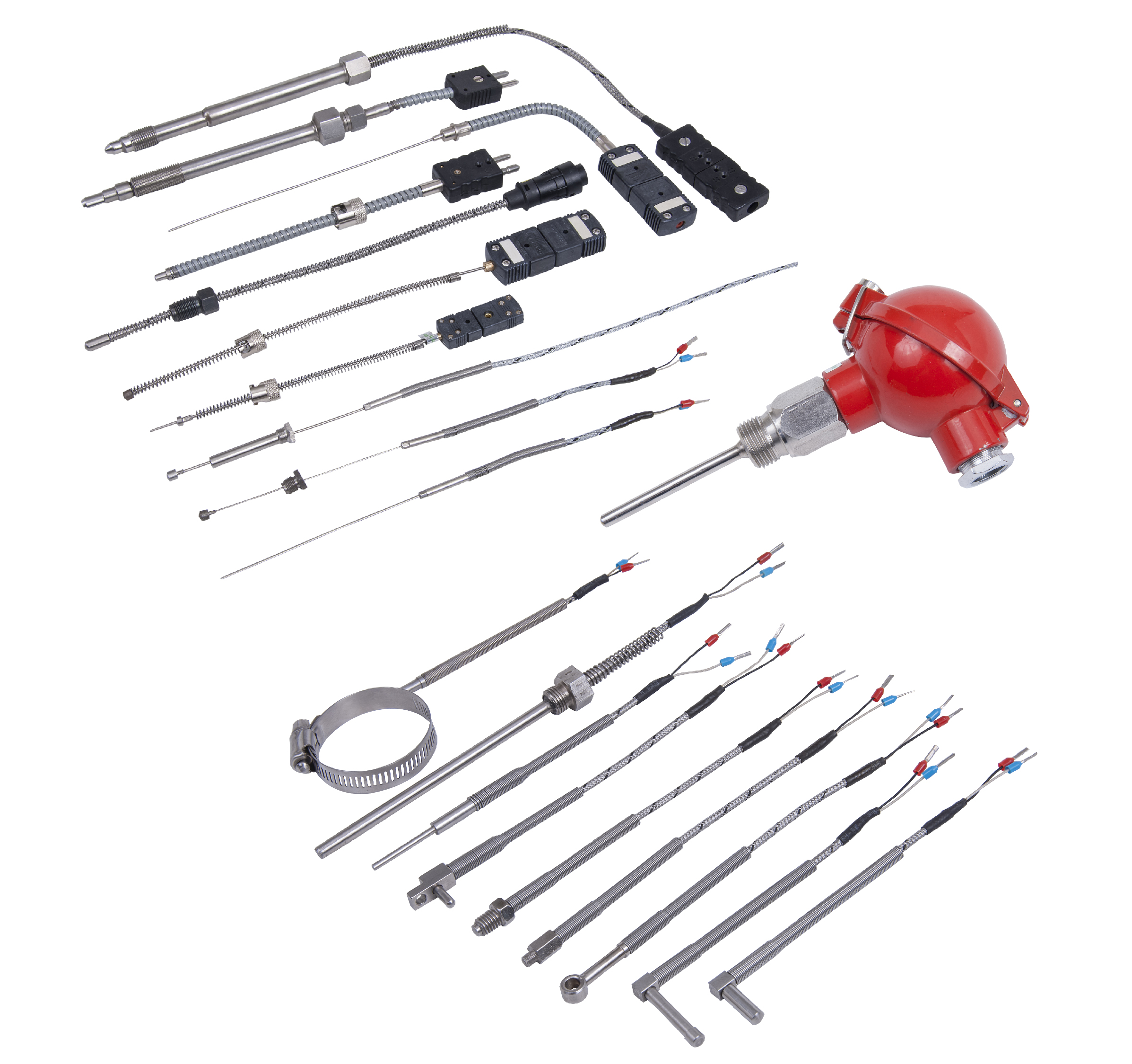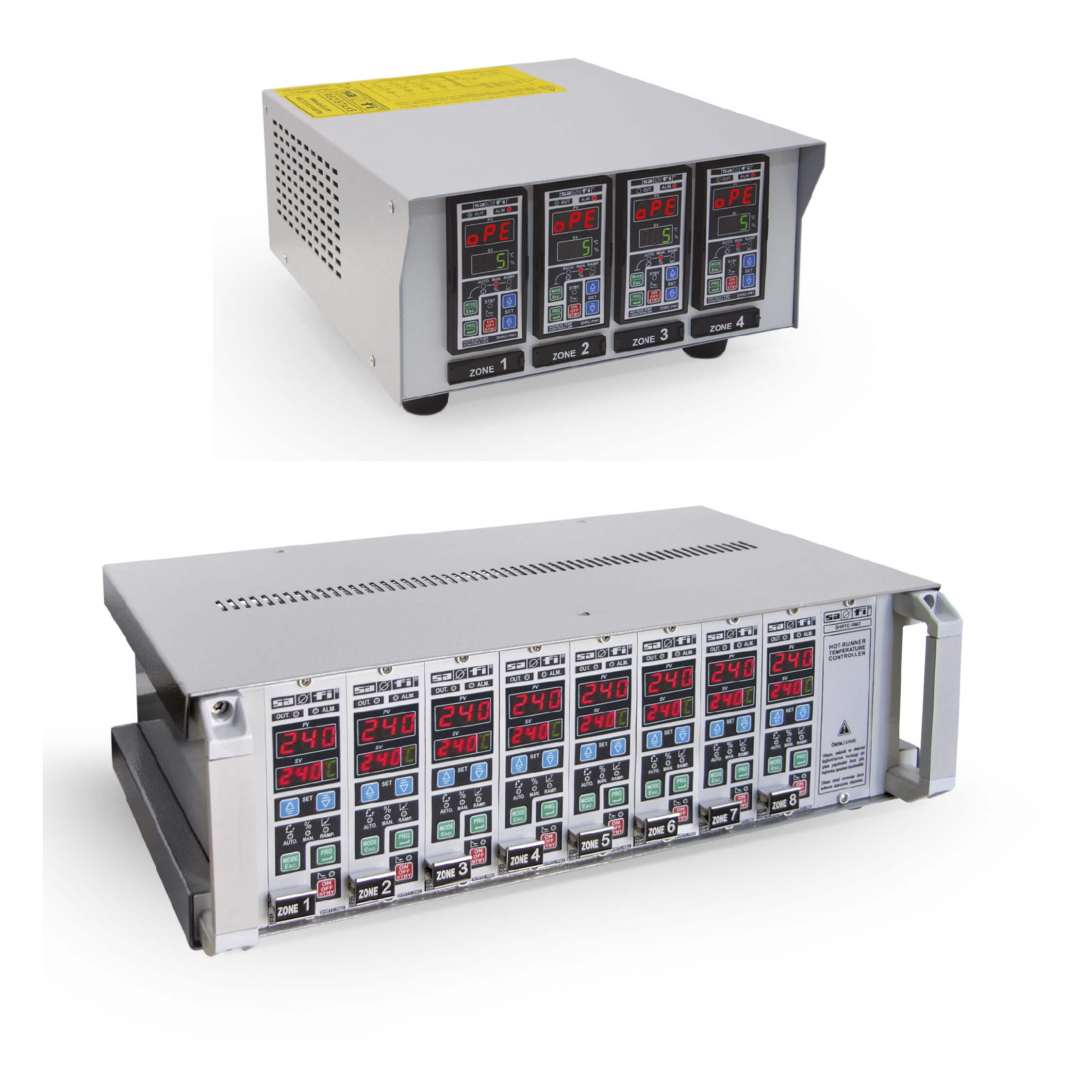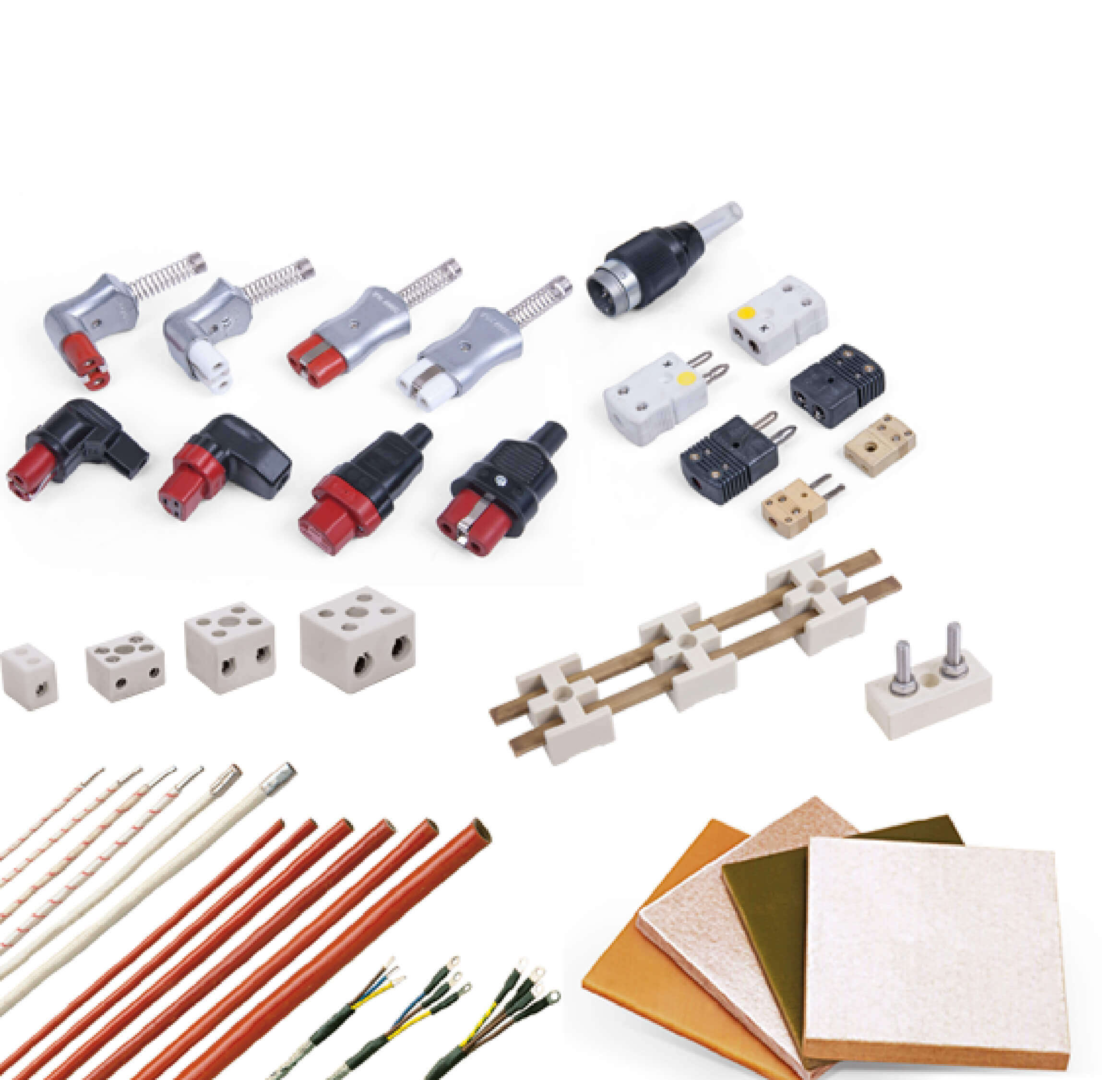What is a Resistor? Fundamental Principles of Industrial Heating
A resistor, also known as a heating element, is a component that converts electrical energy into heat energy. In industrial applications, various types of resistors are used to provide controlled and efficient heating. So, what exactly is a resistor, how does it work, and what principles govern its function? Let’s explore these key questions.
Definition of a Resistor
A resistor is a heating component that produces heat as electrical current passes through a conductive wire with resistance. Typically made from high-resistance metals such as nickel-chromium alloys, resistors are shaped and applied according to the heating needs of the system or process.
How Does a Resistor Work?
Resistors operate on the Joule effect principle. When electric current flows through a resistive conductor, energy is lost and converted into heat. This heat is then transferred to a surface, fluid, or air, depending on the application. This mechanism enables safe and efficient heating across many industries.
Applications of Industrial Resistors
Industrial heating systems are used in plastic processing machinery, packaging equipment, chemical and textile production lines, mold heating systems, ovens, and automation lines. The need for high temperatures in these applications is met with specially designed heating elements.
Types of Resistors
Depending on their use cases, resistors are manufactured in various types:
- Cartridge heaters
- Band heaters (mica and ceramic)
- Immersion heaters
- Glass tube heaters
- Ceramic heaters
- Coil (spiral) heaters
- Plate heaters
- Hot air blowers
- Nickel alloy heaters
Core Principles of Industrial Heating
The fundamental principles to consider in industrial heating solutions include:
- Efficient heat transfer
- Minimized energy consumption
- Durability and safety of the heating element
- Application-specific heater selection
- Precise temperature control and automation integration
Resistor systems play a critical role in industrial processes by ensuring energy efficiency and operational safety. Custom-designed heating elements that meet industry-specific needs help businesses achieve efficient production while reducing operational costs. With the right selection and engineering-backed solutions, companies gain a significant competitive edge.

